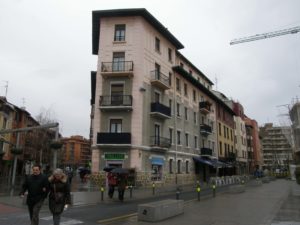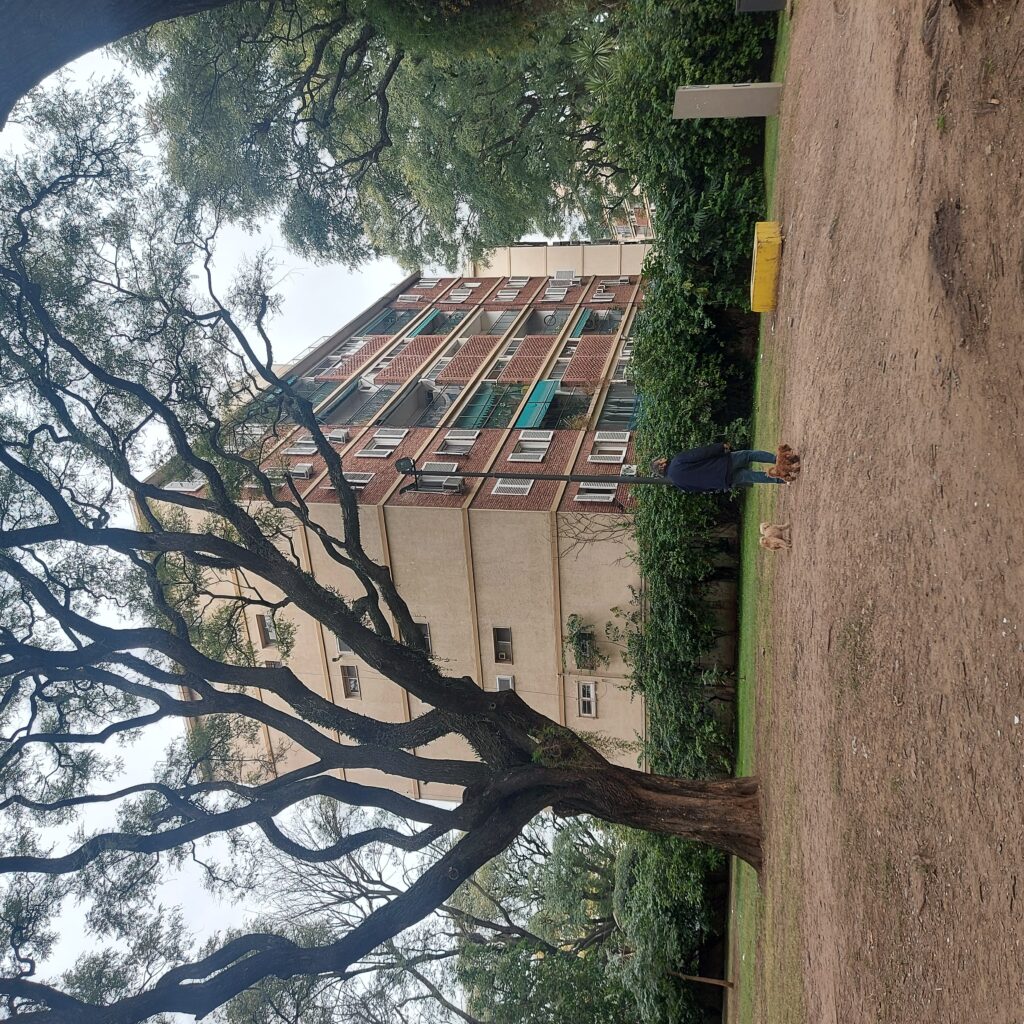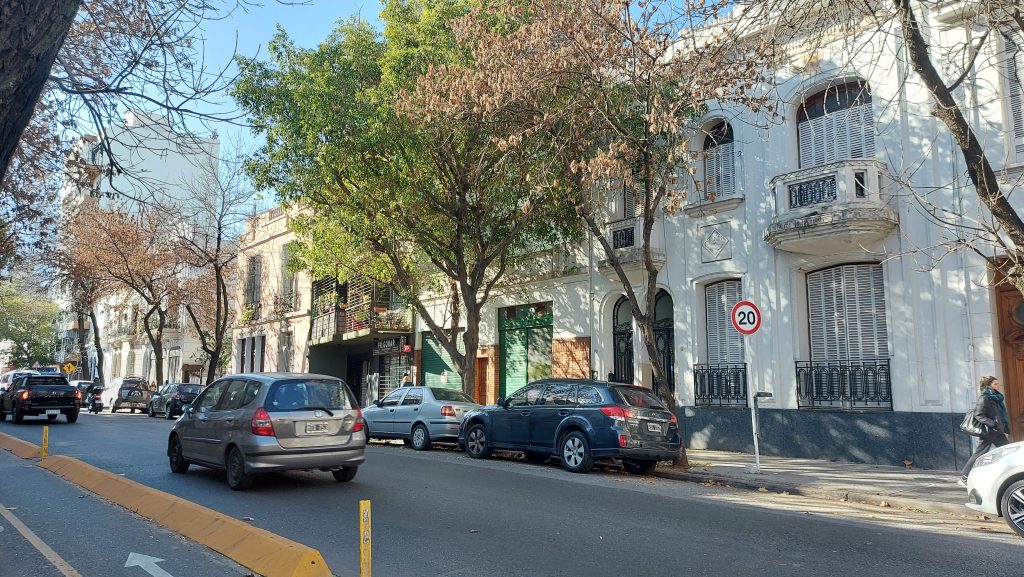The bulk of residential architecture from the twentieth century, the most widespread and usual in our cities today, has no recognized heritage value outside the traditional appraisal systems. It is heritage without any aesthetic and formal value in terms of traditional ideas, but with a social, functional and sustainability value for the general public who inhabit it.
For some time now, a group of researchers from the Research Group on Built Heritage (GPAC) and the UNESCO Chair of Cultural Landscape and Heritage from the University of the Basque Country (UPV / EHU) have been developing the issue of the identification, appraisal and protection of built heritage.
This research work is integrated into the study framework of the doctoral thesis by Veronica Benedet with the title " URBAN RESIDENTIAL HERITAGE OF THE TWENTIETH CENTURY: towards an inclusive assessment and management protocol. Case studies in the Basque Country" defended on November 8th 2019 in the University of the Basque Country. This doctoral thesis has given the kick start in the development of the appraisal issue for the most recent legacy, twentieth century residential heritage. The knock-on effect of this research, is this web page for public awareness and participation in the recognition and appraisal of twentieth century residential buildings.
WORK METHODOLOGY
This research is conceived as a global concept, which aims to facilitate the incorporation of these buildings within a paradigm of sustainability, in their environmental, economic and social aspects, i.e., contemplating the different approaches / dimensions comprising them (material, intangible, cultural). 3 cities have been selected: Vitoria-Gazteiz (Araba) Getxo (Bizkaia) and Donostia/San Sebastián (Gipuzkoa) as a pilot test for this experience. In these cities, a group of neighbourhoods whose buildings meet the characteristics of this study are identified.
This project has been grant-aided by the Department of Education, Language Policy and Culture of the Basque Government.







